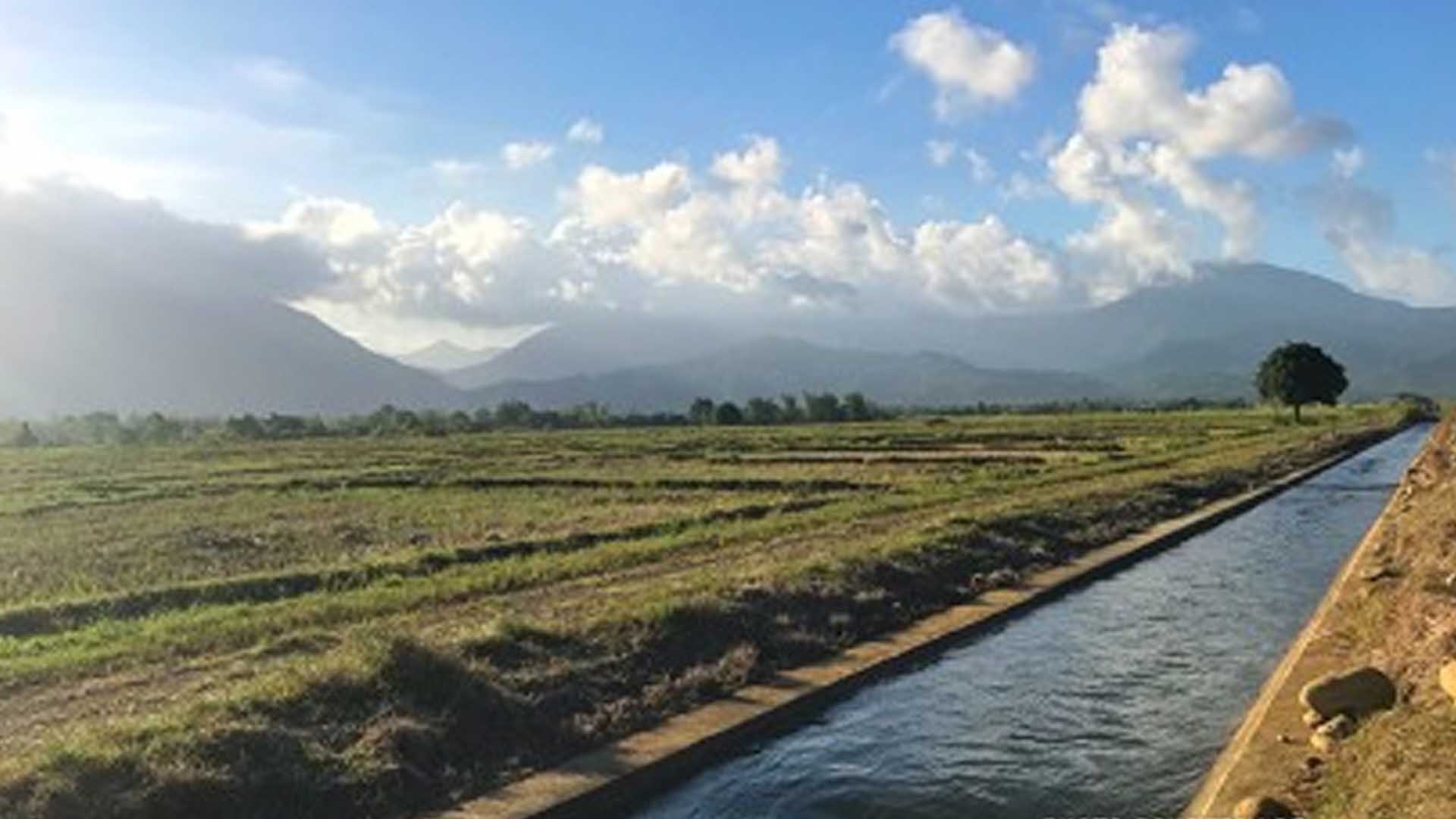Malacañang recognizes the Philippines’ long-standing problem of relying on rice imports to meet demand but assured the public that the government is working to address it.
This, after the latest report of the United States Department of Agriculture-Foreign Agriculture Services (USDA-FAS) showed that the Philippines has emerged as the top global importer of rice, beating China.
The USDA-FAS has projected the country’s rice imports to reach a record 3 million metric tons (MT) by year-end—the highest in the world and the highest for the country while China is expected to import 2.5 million MT.
Presidential Spokesperson Salvador said he was not surprised by the figures admitting that the country’s irrigation system needs improvement.
“I’m not surprised. China is such a huge country. Tayo naman maliit lang. Ang dami ngang reklamo ng mga farmers natin. Wala tayong tubig, irrigation. ‘Yun ang nagiging problema. Samantalang sa China, punta ka dun, iba ang production doon (We’re just a small country. Our farmers have a lot of complaints. We don’t have water, irrigation. That’s the problem. While China, if you go there, their production is different),” Panelo said in a Palace briefing.
Panelo lamented how an agricultural country like the Philippines is trailing behind its neighbors in Southeast Asia such as Thailand.
“We recognize that problem. Ever since ‘yan ang nagiging problema natin. Yung mga tinuruan nating mga taga Thailand ang gagaling. Nag-aral lang dito, pagkatapos, talo na tayo. Kasi nga ever since ‘yan ang naging problema. Marami tayong rice land pero hindi pumapasok yung mga tubig (That has been our problem. The Thai we taught before are now experts. They study here, and we lose to them. Because ever since, that has been our problem. We have rice lands but water cannot enter),” Panelo said.
“Kaya (That’s why) we really have to improve on our irrigation system para maganda ang production (so that we have better production),” he added.
However, Panelo said farmers are already benefitting from the Free Irrigation Service Act (R.A. 10969) signed by President Rodrigo Duterte last February 2018.
The law fulfills the President’s promise to ensure that free irrigation services are made available to poor farmers through the continued construction, repair, and maintenance of necessary irrigation facilities.
Panelo also said Agriculture Secretary William Dar continues to undertake measures to solve problems confronting the agriculture industry.
He said Dar is competent enough to implement measures that will increase the country’s rice production.
“Secretary Dar has been appointed there precisely because he used to head that department and he was successful during his stint, so he would be knowledgeable on how to curb whatever problems are existing today,” Panelo said.
Among others, Panelo said Dar made a proposal to give away additional subsidy to farmers who are suffering from lower palay prices as a result of the Rice Tariffication Law (R.A. 11203) signed by the President last February.
“The Cabinet approved that (farmers subsidy),” Panelo said.
Farmers groups have blamed the Rice Liberalization Law for the falling farm gate prices of palay which fell to as low as PHP7 in Central Luzon.
The Rice Tarification Law allows unlimited rice importation, but investors must first secure a phytosanitary permit from the Bureau of Plant Industry and pay the 35-percent tariff for shipments from Southeast Asia. (PNA)









